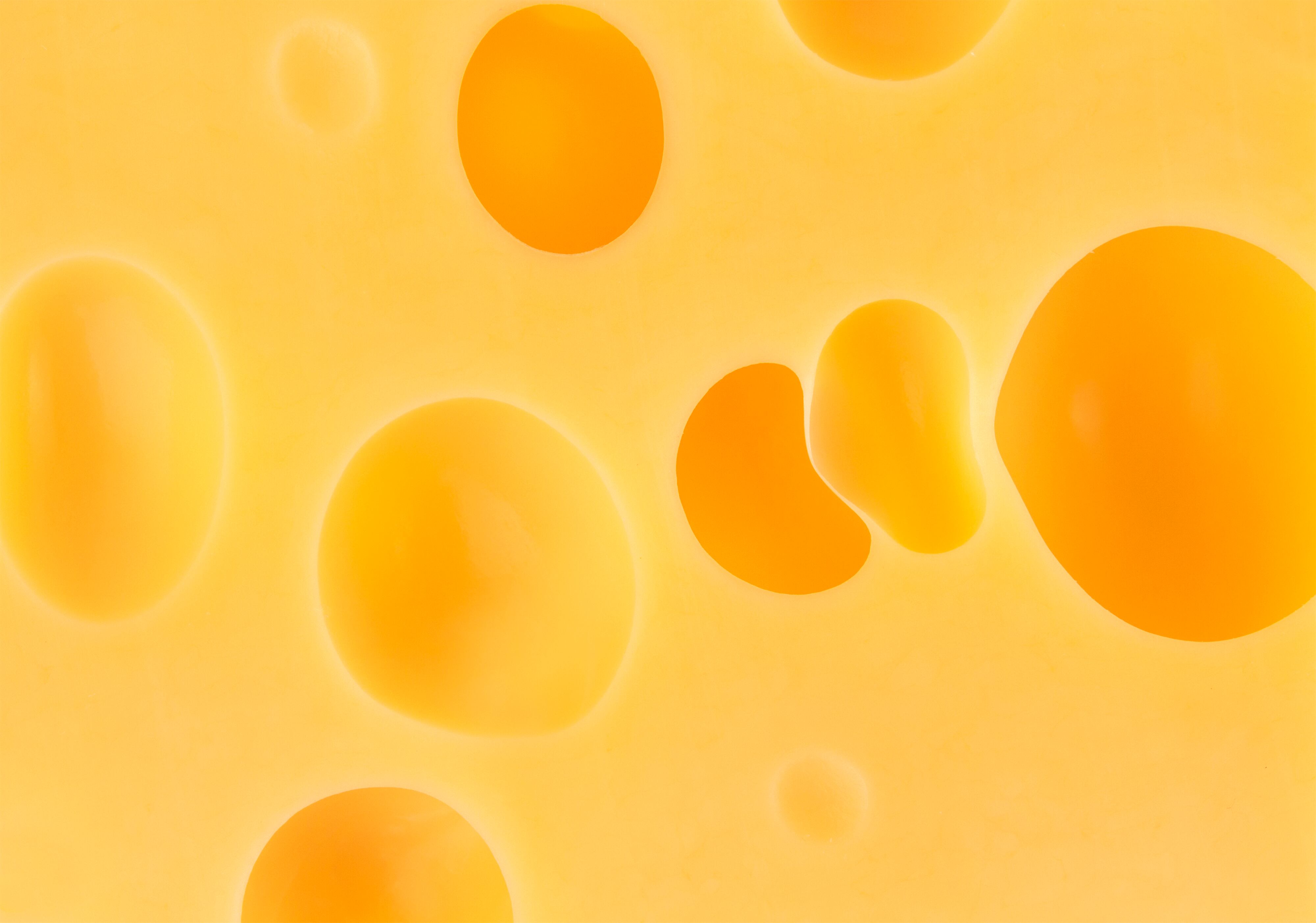But new research into how different fats and proteins interact in plant-based cheese formulations has revealed novel ways to create healthier, tastier dairy alternatives.
The research, led by University of Guelph’s Cameryn Sanders, examined how three protein isolates – pea, fava bean and lentil – interacted with two types of fats – coconut oil and sunflower oil – to discover how these components affected the physical properties of plant-based cheese.
The researchers also compared how protein-fat blends affected functionality and nutritional value, and whether mixing saturated and unsaturated fats made a difference to meltability.
The results – published in Physics of Fluids (see ‘sources’ below for more information) – provide a useful benchmark for formulators looking to create clean-label cheese alternatives without compromising nutritional value and functionality.
Proteins and fats as molecular building blocks
In the paper, the authors explain that the way proteins, starches and fats interact affects the structure of plant-based cheese – but research on fats in particular has been limited to the most commonly-used type: coconut oil.
Adding unsaturated fat, such as sunflower oil, as an ingredient may affect the melting properties of cheese alternatives, the authors theorized.
Meanwhile, adding protein could both enhance alt cheese’s nutritional profile but also improve functionality, they thought. For example, adding protein to the starch matrix improved meltability, decreased oil loss and boosted hardness, research has found.
But did an oil blend improve functionality - and how did different protein isolates affected this?
The optimal fat blend
A mix of 25% coconut oil and 75% sunflower oil was identified as the optimal fat blend for cheese functionality.
According to previous research, mixing a pea protein isolate with a blend of 25% coconut oil and 75% sunflower oil delivered improved melt, oil loss and stretch properties.
The oil blend – which significantly influenced functionality, said the researchers – also improved the alt cheese’s nutritional profile by lowering saturated fat content.
Building on this knowledge, the cohort compared how fava bean and lentil protein isolates respectively interacted with the fat blend, comparing that with a control sample made with just coconut oil as the fat ingredient.
The results showed that the fava bean and lentil protein isolates both reduced oil, likely due to the proteins’ emulsification properties; though this did not appear to affect melt, the authors observed. More research is needed to understand the proteins’ unique binding properties with the fat blend, according to the paper.
Overall, the plant-based cheeses made with the coconut oil and sunflower oil blend – irrespective of the protein isolate used – matched or exceeded the functionality of the samples made with 100% coconut oil, except for hardness.
“These findings suggest that it is feasible to create plant-based cheeses that meet consumer expectations in terms of texture and meltability while also boosting their nutritional content,” the authors concluded.
“The ultimate goal of this work is to create plant-based cheeses that not only match the nutritional and functional properties of dairy cheese but also contribute to more sustainable and healthy eating options.
“By improving the quality of plant-based cheeses, manufacturers can offer better alternatives for consumers seeking environmentally friendly and nutritious food choices.”
Source:
Cameryn Sanders, Jarvis A. Stobbs, Stacie Dobson, Alejandro G. Marangoni; Impact of protein sources on the functionality of plant-based cheeses formulated with saturated and unsaturated fat. Physics of Fluids 1 January 2025; 37 (1): 011913. https://doi.org/10.1063/5.0238556

